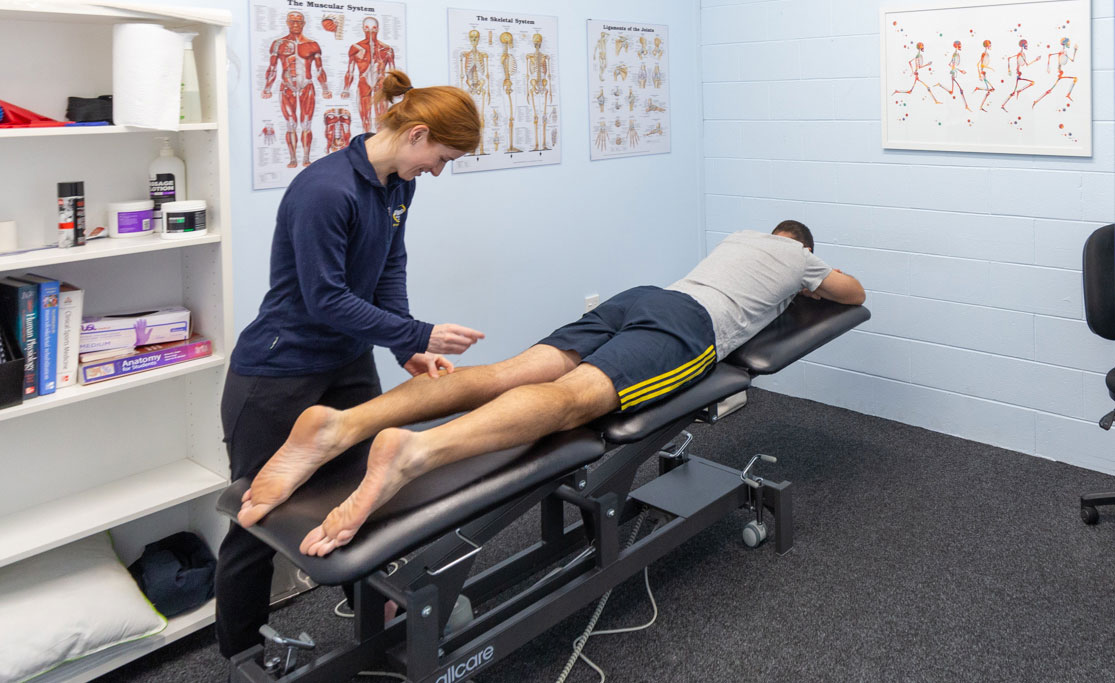
In today’s world neck pain is extremely common due to our increased time on computers, cell phones, and more often very busy and stressful lives. In most cases neck pain is not serious and often people will make a full recovery. However, it is important to seek advice if your symptoms persist.
Some common causes of neck pain may include:
- Injury - such as a sporting injury or a motor vehicle accident
- Prolonged periods of sitting or increased heavy lifting, where extra stress is placed on the neck muscles, joints or nerves which can cause symptoms.
- Sleeping in an awkward position which can cause parts of the neck to become stiff and sore or certain muscles can become overactive.
- Degenerative changes within the neck joints, which can be as a result of previous trauma to that area, or as a normal part of aging.
- General life stress – in times of increased work pressure and stressful occurrences in our day-to-day our pain can increase without any trauma involved at all.
Symptoms you may experience:
The pain experienced can vary greatly in intensity and nature (burning, aching, stabbing, etc). Whilst you will generally feel pain locally in the neck, it may also spread to other regions in the body such as your upper back, head, shoulders and occasionally further down the arm. This is commonly known as referred pain and is normal to experience. Other possible symptoms may include pins and needles and/ or numbness in your arm and/or hand. You might even notice some weakness in certain muscles which are innervated by the nerves affected.
Management of Symptoms:
- Unless a traumatic injury has occurred - Keep your neck moving gently.
- Try gentle self-massage on tight muscles around the neck for 10 minutes at a time.
- Take pain relief (as guided by your GP or pharmacist).
- Apply a heat source to help reduce muscle tension and increase blood flow.
- Try to reduce stressful occurrences in your day-to-day routine.
Physiotherapists can use manual therapy and mobilisations techniques to help:
- Relieve stiff joints to improve your neck range of motion and reduce pain.
- Educate you on how to provide some of these treatments on your own.
- Trigger point massage on stubborn muscles which have been overactive for a long time.
- Provide exercise you can do at home to improve your posture and risk of re-aggravation.
Prevention of neck pain:
- Review your work setup, or request a workstation assessment (refer to our posture and workstation information sheet for more information)
- Take regular breaks from prolonged activity and sustained positions.
- Try sleeping with a more supportive pillow or review the support your bed provides.
- Lead an active lifestyle to maintain function of your muscles and mobility of your joints.
If you have a sustained period of neck pain that does not seem to be going away early intervention is best to prevent long term problems and ensure you are doing the right things to help manage your pain.
For help with exercises, posture, manual treatment for joints and muscles, and further advice and education, make an appointment with one of our highly experienced physiotherapists at Sportsmed Mosgiel Physiotherapy.



